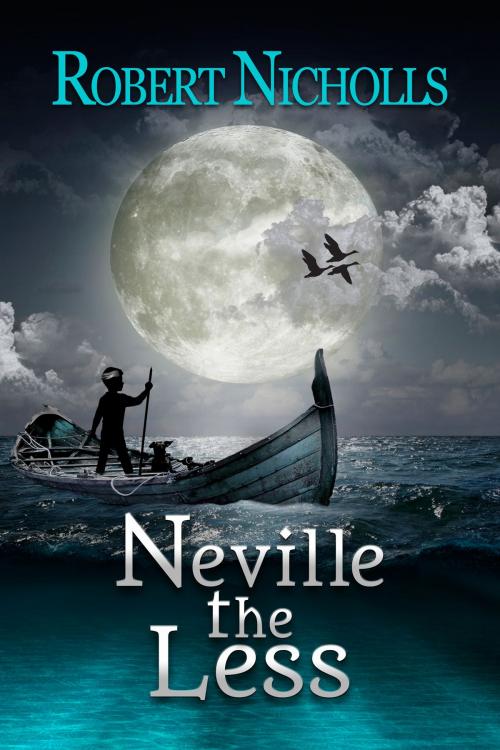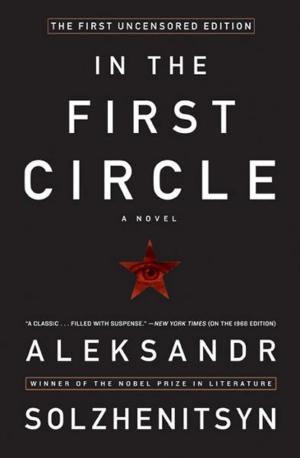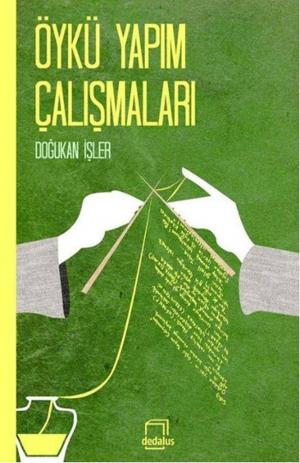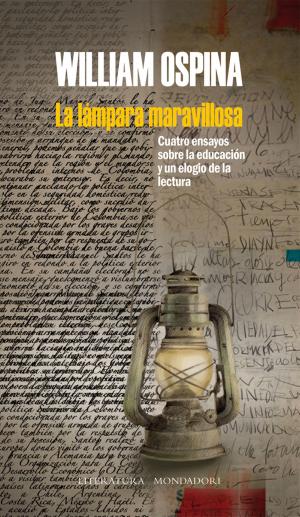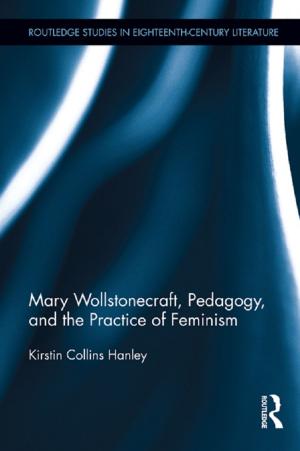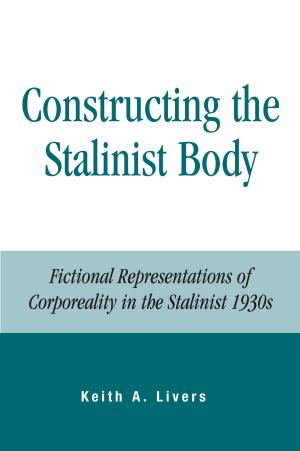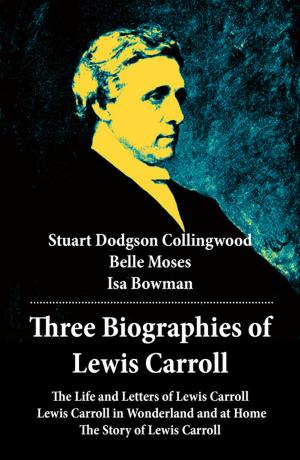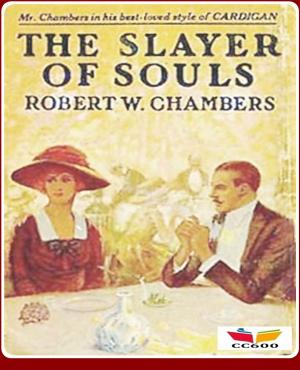| Author: | Robert Nicholls | ISBN: | 9781310281532 |
| Publisher: | Robert Nicholls | Publication: | September 19, 2015 |
| Imprint: | Smashwords Edition | Language: | English |
| Author: | Robert Nicholls |
| ISBN: | 9781310281532 |
| Publisher: | Robert Nicholls |
| Publication: | September 19, 2015 |
| Imprint: | Smashwords Edition |
| Language: | English |
Six year old Neville the Less is lord of the small things in a safe and familiar Australian neighbourhood. He knows the ‘countries’ of which it’s comprised, he knows the people who conduct its business and the places from which to observe its doings. He knows it to be a place in which all the roles are established, all the problems are small and all the solutions the responsibility of adults.
When his father returns, heroically, from military service in the Afghan war zone, however, Neville finds himself confronted by a man he no longer knows. Withdrawn, uncommunicative and subject to horrifying nightmares, the father has become a Quiet Man in whom, Neville fears, a dreadful secret may lie hidden. What that secret could be is a question that draws Neville to ponder what it takes to ‘make’ both a hero and a war.
“Nothing for you to worry about,” his mother tells him. “War could never happen here and you will never be a soldier.”
The half-memories of Neville’s best friend and back-door neighbour say otherwise. Afsoon is the only surviving child of Hazaran refugees, newly resettled in Australia. Like the Quiet Man, she displays full-blown symptoms of post traumatic stress, in her case, presenting as a consuming obsession with the threat of violence. Imagining that her family’s persecutors have followed them to Australia and are masquerading as ordinary neighbours (one of whom may be the Quiet Man), she develops a fixated need to expose those who are enemies and, if need be, eliminate them. Neville finds himself torn. Should he believe his determinedly hopeful mother or his much abused friend? And which of those is most likely to rescue his almost catatonic father from whatever nightmare assails him?
‘Neville the Less’ is firstly a tale about the pervasiveness of casual prejudice, obstinate insensitivity and the initiatives that arise from fear. It’s also about the alacrity with which violence is introduced into our society and it is a reminder that post traumatic stress is a condition that can claim victims far beyond its primary sufferers. It’s also an entertaining glimpse into the ways children might imagine themselves the protectors of their adults.
Six year old Neville the Less is lord of the small things in a safe and familiar Australian neighbourhood. He knows the ‘countries’ of which it’s comprised, he knows the people who conduct its business and the places from which to observe its doings. He knows it to be a place in which all the roles are established, all the problems are small and all the solutions the responsibility of adults.
When his father returns, heroically, from military service in the Afghan war zone, however, Neville finds himself confronted by a man he no longer knows. Withdrawn, uncommunicative and subject to horrifying nightmares, the father has become a Quiet Man in whom, Neville fears, a dreadful secret may lie hidden. What that secret could be is a question that draws Neville to ponder what it takes to ‘make’ both a hero and a war.
“Nothing for you to worry about,” his mother tells him. “War could never happen here and you will never be a soldier.”
The half-memories of Neville’s best friend and back-door neighbour say otherwise. Afsoon is the only surviving child of Hazaran refugees, newly resettled in Australia. Like the Quiet Man, she displays full-blown symptoms of post traumatic stress, in her case, presenting as a consuming obsession with the threat of violence. Imagining that her family’s persecutors have followed them to Australia and are masquerading as ordinary neighbours (one of whom may be the Quiet Man), she develops a fixated need to expose those who are enemies and, if need be, eliminate them. Neville finds himself torn. Should he believe his determinedly hopeful mother or his much abused friend? And which of those is most likely to rescue his almost catatonic father from whatever nightmare assails him?
‘Neville the Less’ is firstly a tale about the pervasiveness of casual prejudice, obstinate insensitivity and the initiatives that arise from fear. It’s also about the alacrity with which violence is introduced into our society and it is a reminder that post traumatic stress is a condition that can claim victims far beyond its primary sufferers. It’s also an entertaining glimpse into the ways children might imagine themselves the protectors of their adults.
